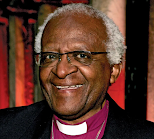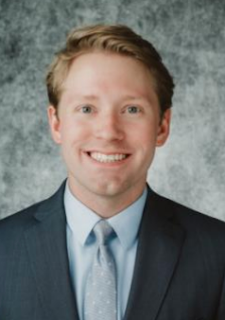The last post? Maybe or maybe not.
The MedEd Blog Takes a Break
The MedEd Blog is taking a break as the Transformational Times evolves ...
For two years, I served as the founding editor-in-chief of the Transformational Times newsletter, a project that supported our community as it reeled from—and adjusted to—the COVID-19 pandemic while re-envisioning the future of medical education.
Three months after the first TT issue in March 2020, I started this blog as a personal project. Although I was a faculty member at MCW, the blog has never been affiliated with either the Medical College of Wisconsin, the Kern Institute, or any of their funders. I held the password, set up the blog, and added every bit of the content. I did all of the work on my own time.
Here's why I started the blog: As soon as one issue of the TT was released, the previous week's edition all but disappeared into a non-searchable corner of MCW's website. I conceived the blog as a way to give continuing life to some of the most interesting and inspirational essays that appeared in the Transformational Times newsletter. I was able to share links with the authors so they could do the same.
This blog's format is searchable, although metrics tell me that there have never been many visitors and Blogger (the platform) no longer enables subscribers. Nevertheless, I persisted since the blog gave the essays some online presence and was invaluable when I curated the two Character and Caring books.
For the few of you who have found this little corner of the Internet, I hope you will continue to use the tags and search function to browse the essays, poetry, images, and articles. They tell a fine story about a period of time when medicine went through a pandemic crisis and emerged. There are voices of strong and resilient people whose viewpoints are not regularly amplified. The blog explores visions of a future medical education that enhances, rather than suppresses, character and the entrepreneurial spirit.
Reading and editing these pieces taught me much, made me stop and think, and exposed me to new perspectives. I didn't always agree with the essayists but know that I am a better person because I read what is contained here.
The machinations of the institutions involved are completely opaque to me. Amplifying certain voices, though, might be counterproductive while the powers-that-be discuss the Transformational Times and the people who inspired and maintained it. Rather than inadvertently poking a bear, it seems best to suspend or even shut this down. Therefore, this 366th post might be MedEd Blog's last.
That said, I hope that my family and I will always be able to locate caring, character-driven physicians and healthcare workers. The remarkable accomplishments of the Kern Institute—reflected, in part, by the essays contained here—give me hope that the next generation will be more than up to the challenge. For those of you who spend time with the pieces archived here, I hope you catch the same vision.
Be well, friends.
In appreciation,
Bruce
Bruce H. Campbell, MD FACS








